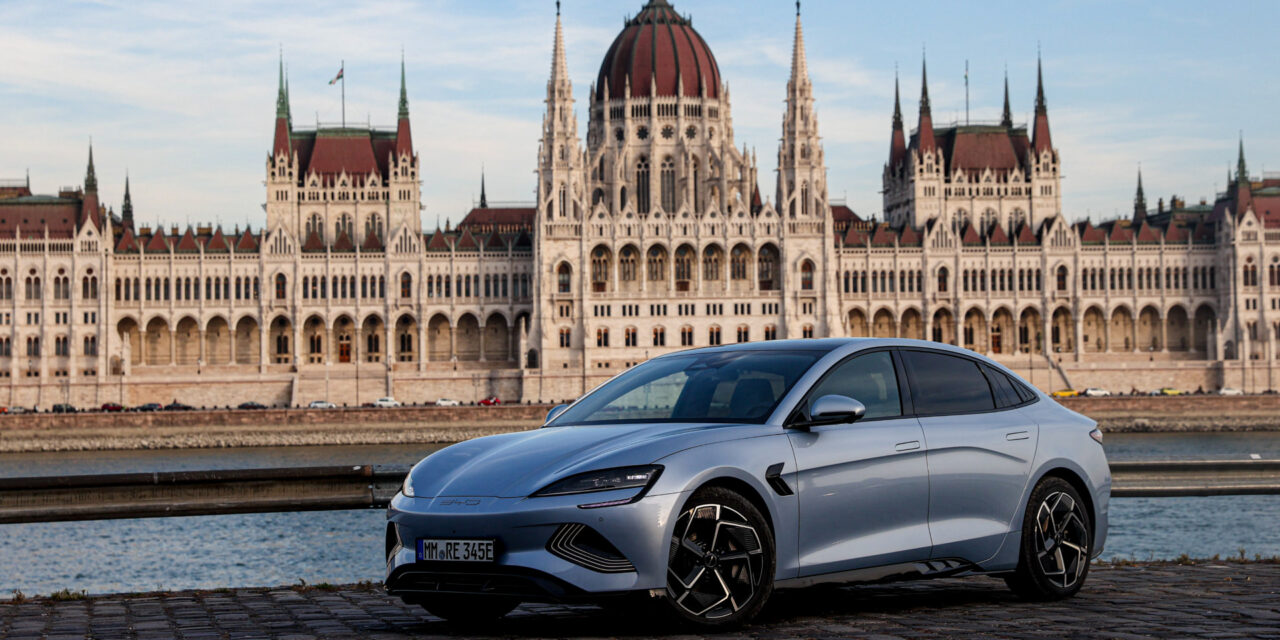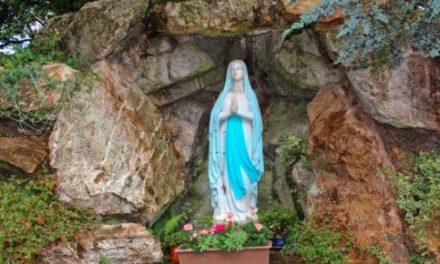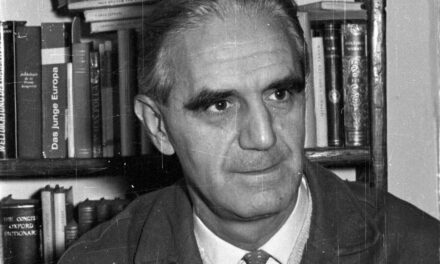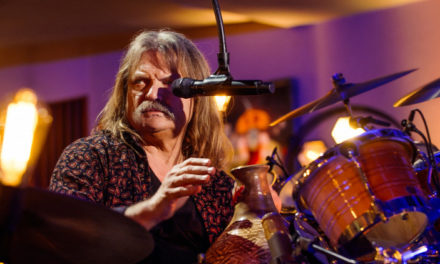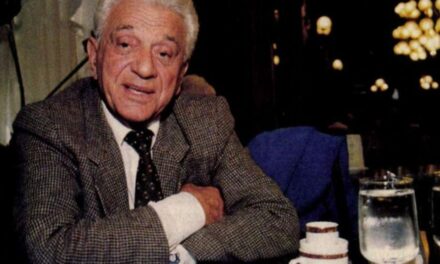The Chinese company BYD has turned from a battery factory into a leader in electric cars, and is now building its first European plant in Szeged. This will be one of the most significant investments in Hungarian economic history, as a result of which thousands of new jobs will be created.
But what does the name Build Your Dreams mean? What do you need to know about the Chinese company?
At the end of the 1970s, Shenzhen was a market town of a few hundred thousand people, today it is a metropolis of nearly 18 million people, but when Wang Chuanfu founded BYD in February 1995, four and a half million people lived here. As a chemist specializing in metallurgy and having a master's degree in it, Chuanfu's company initially produced nickel-cadmium batteries. The name BYD is an abbreviation from the English slogan Build Your Dreams.
The secret of BYD's initial success
The secret of BYD's initial success was a production process based on the use of cheap labor: although they were far behind the highly automated Japanese factories in terms of nominal productivity, their production costs were still one-fifth or one-sixth of those of Japanese batteries.
The Singaporean rocker became a hero in the history of hardware.
In the space of a decade, they became the largest battery supplier in the Chinese market, and served half of the global mobile phone battery market..
BYD's expansion has been unbroken ever since: they are also engaged in the production of electronic components, railway infrastructure, solar panels and passenger cars.
The company entered the Hong Kong stock exchange in 2002, but a year later its share price dropped slightly when they unexpectedly ventured into car manufacturing by purchasing Qinchuan Auto. Qinchuan was one of the enterprises of the Norinco arms factory, which produced small cars under the name Qinchuan Alto in cooperation with Suzuki from 1989. BYD invested 250 million yen to build a new factory in Hsian. Their first product was the Toyota Corolla-like BYD F3, a plug-in hybrid version of it was released in 2008, and their first all-battery car, the BYD e6, was presented in 2009. Since 2022, no internal combustion engines have been produced.
The blade lasts a long time
Since 2020, BYD has been one of the world's fastest growing vehicle industry companies, which is mostly based on the intensive development of the previous decade. Since 2008, the parent company has been owned by American billionaire Warren Buffet through a subsidiary of Berkshire Hathaway. From 2009, they produced electric buses, and the following year they founded a joint brand called Denza with the Mercedes-Benz Group, but this was not a success among customers. Since 2013, their chief designer is Wolfgang Egger, who brought a new approach from the design teams of Alfa Romeo, Seat, Audi and Lamborghini.
Today, their cars are built on their own modular platform integrated with batteries. One of the special elements of their vehicles is the Blade Battery, which is produced by the BYD subsidiary FinDreams.
One of the design problems and sources of danger of electric cars is that lithium batteries are prone to ignition and are very difficult to extinguish. The Blade, on the other hand, is a particularly safe lithium-iron-phosphate battery.
In skinning tests designed by BYD, they were heated to 300 degrees, subjected to 260 percent overfilling, and driven through with a 46-ton truck.
The batteries were also able to withstand the fact that a nail was driven into the cells without ignition, which in other designs means instant death.
The electric car market in China started in the second half of 2020. Their sales quadrupled in a couple of years, and in the first half of 2022 they overtook Tesla with 641,000 vehicles sold - although the above number covers all vehicles manufactured by BYD, not just battery electric cars. They currently produce 18 different models, including SUVs and sedans named after the aforementioned imperial dynasties, small cars named after sea animals, and medium-sized city SUVs named after battleships.
With the exception of Antarctica, they are now present with their products on every continent.
They first set foot in Europe in Norway, which is very fond of electric vehicles. By 2022, they have also launched their cars in Denmark, Sweden, the Netherlands, Germany, France and Belgium.
In December 2023, they announced that their first European factory would be built in Szeged.
In 2019, Toyota's Japanese manufacturer contacted them and an agreement was reached on joint production. The Japanese car manufacturers - with the exception of Nissan - are finding it difficult to find a way to the new world of electric cars, and this is also the case with Toyota, which leads the world market for internal combustion engines. This is how the historic turn came about, that in their collaboration, BYD provides the technology for the new vehicles, and Toyota the logo.
CarNewsChina , Investorinsight , Wikipedia
Featured image: byd.com

